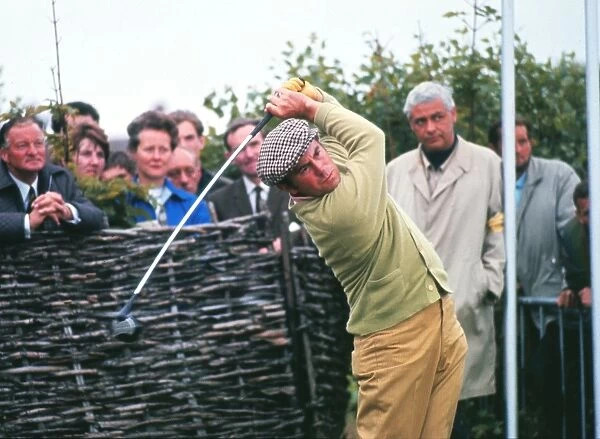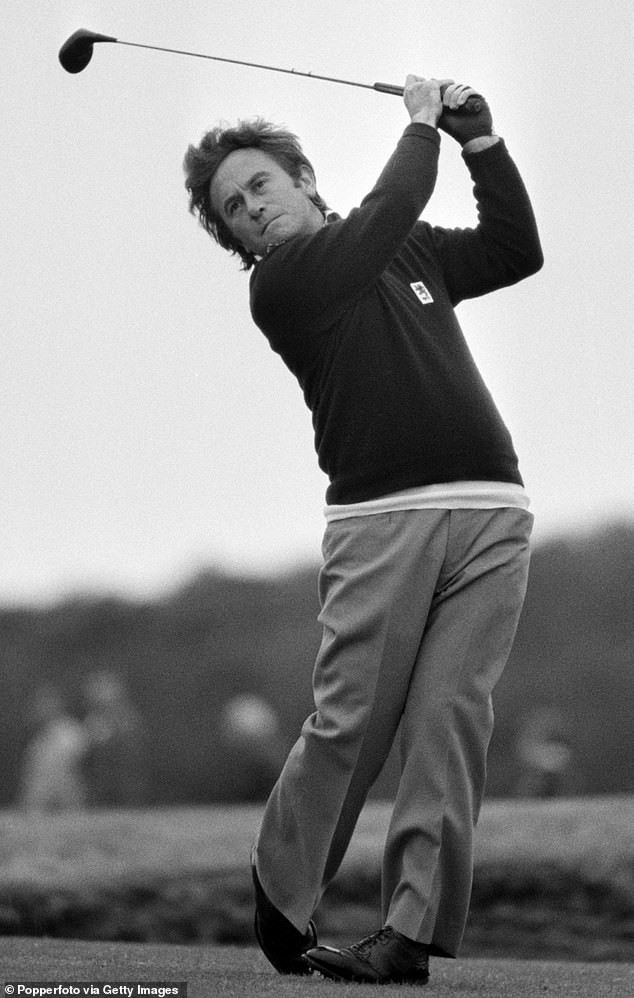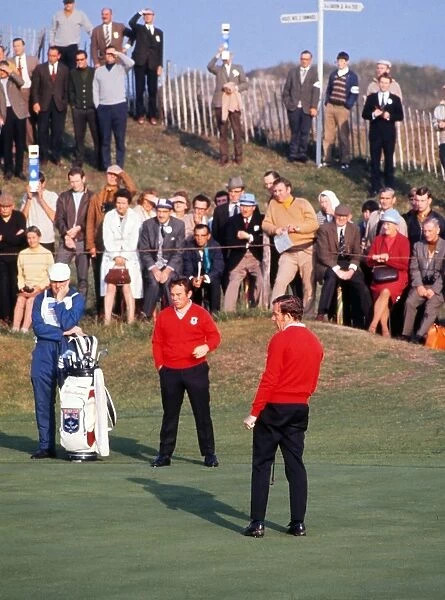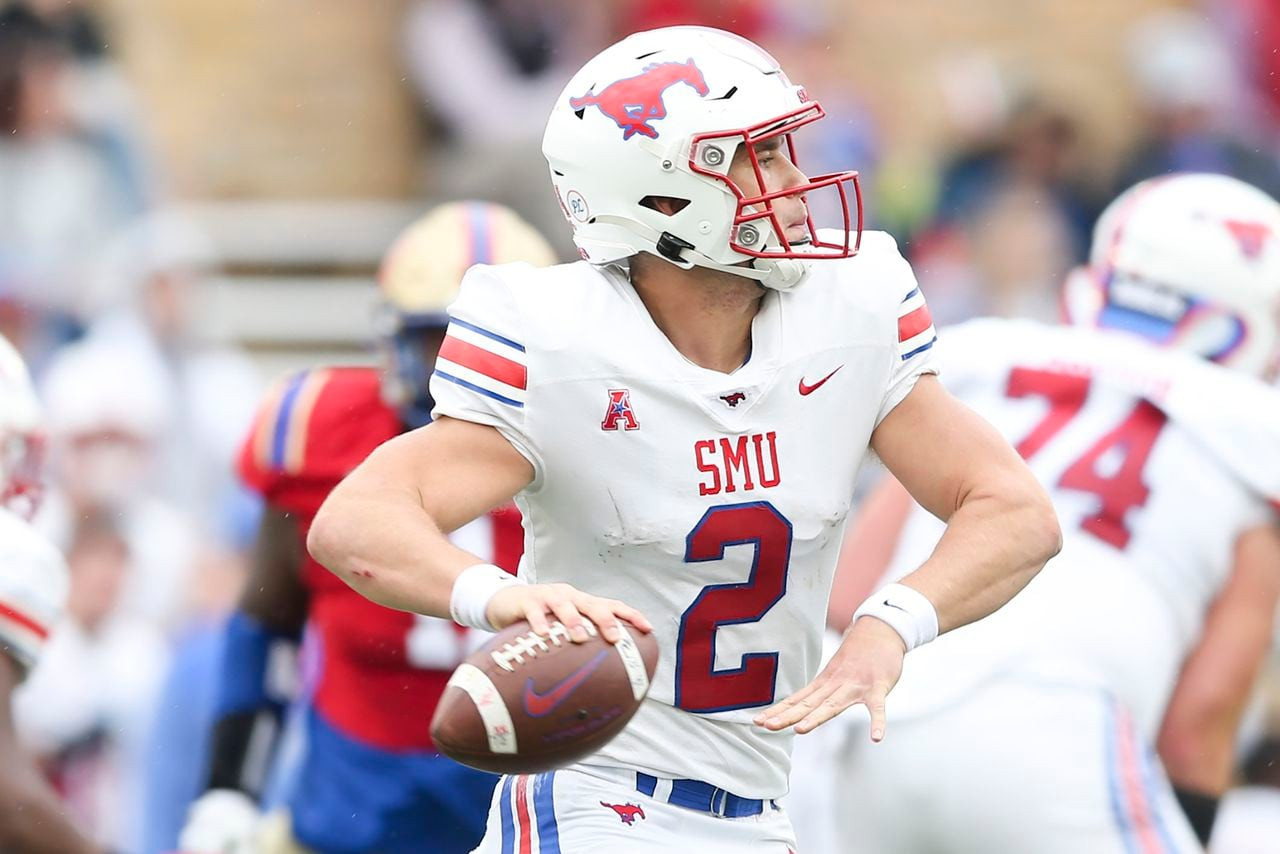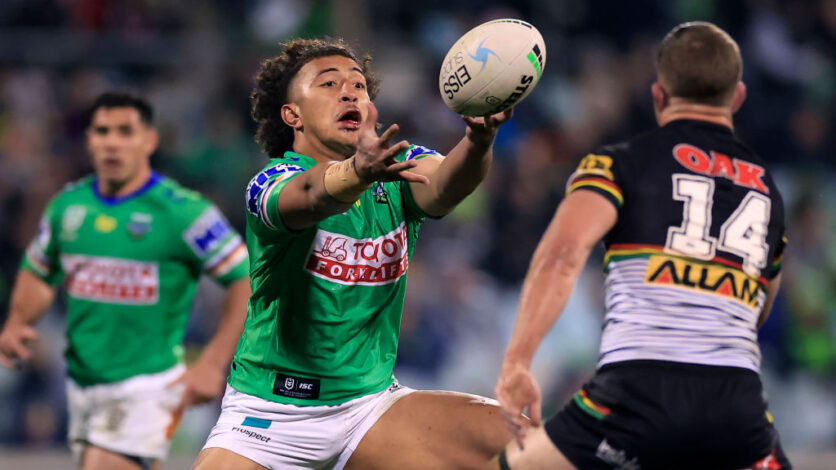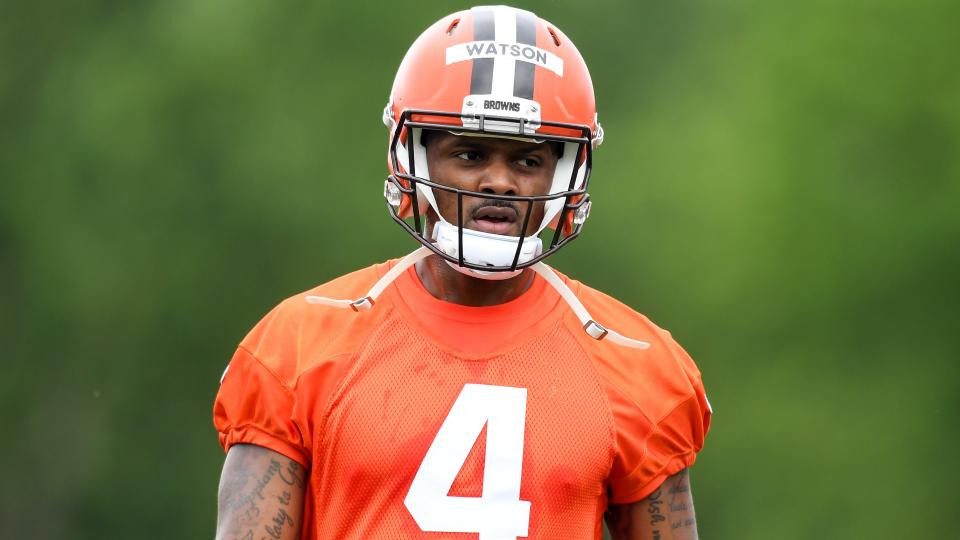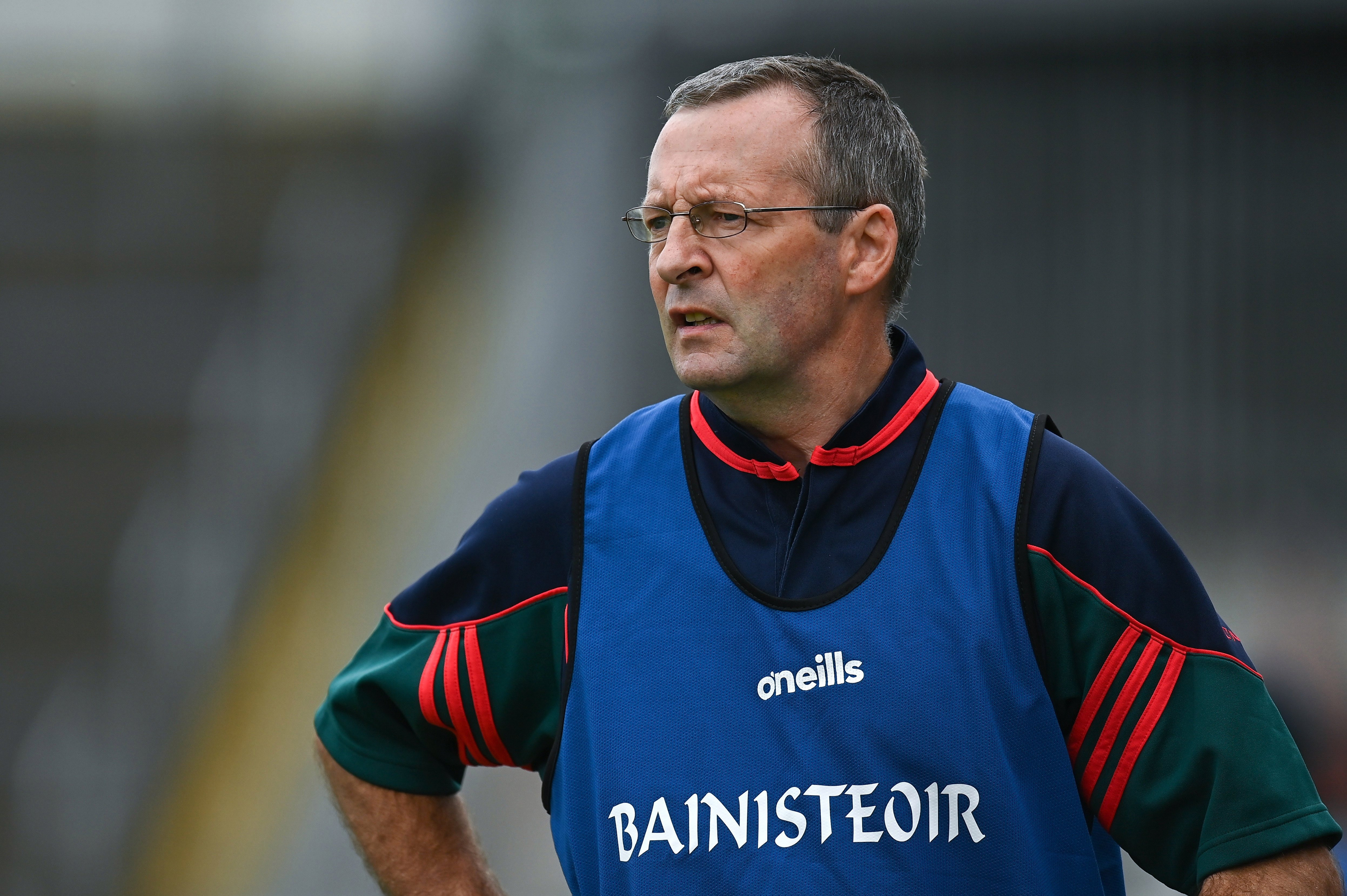Brian Huggett, the Welsh golfer who won 16 big tournaments around Europe and was a Ryder Cup stalwart, has died at the age of 87. Huggett, who was nicknamed the 'Welsh bulldog' during his playing career, represented Great Britain and Ireland six times in the Ryder Cup and served as a non-playing captain in 1977. He was also part of the team that brought the Ryder Cup to Wales in 2010. The most memorable of those appearances came in 1969 on the final day at Royal Birkdale, when, in the second-to-last match, against his American opponent Billy Casper, Huggett had a testing five-foot putt on the 18th green to halve his match. Just before he began to settle down to it, a massive roar erupted on the hole behind him, which he took to mean that Tony Jacklin had just won his game against Jack Nicklaus, squaring-up the overall contest. Therefore the entire Ryder Cup appeared to be resting on Huggett’s putt, which if sunk would deliver a rare victory for the home team.
The small, stocky Welshman steadied himself and then nervelessly drilled the ball dead-centre into the hole, after which he dissolved into tears. But it turned out that the cheers had only been because Jacklin had drawn level with Nicklaus, and so Huggett had to regather his composure and remain at the back of the 18th to watch the last match come home. As a result he had a close-up view of the moment when Nicklaus sportingly conceded Jacklin a shortish putt, ending the competition in a tie.
While it was a disappointment to Huggett that his final effort had not been quite what it seemed, it was nonetheless a great demonstration of his mettle, and in any case the USA would have won if he had missed it. Under circumstances of huge pressure, said the Scotsman newspaper, it was “one of the gutsiest putts ever made in the long history of the Ryder Cup”.
Huggett was born in Porthcawl in south Wales, where his father, George, was the professional and bar steward at Royal Porthcawl golf club, which meant the family had accommodation on the premises. “I grew up living in the clubhouse, half way up a hill, so there was nothing else to do but play golf,” Brian said. Perhaps for the same reason his younger brother, Geoff, also became a professional golfer.
In 1951, at the age of 15, Brian became an assistant to his father at the Redhill and Reigate club in Surrey, to which his family had moved the year before. His first big win came at the 1962 Dutch Open, where he posted a sensational third round 65 that included nine birdies. By then attached to Romford golf club in Essex, he had hinted at a major breakthrough shortly beforehand, tying for third place in the 1962 Open Championship at Troon behind Arnold Palmer.
After victory in the German Open the following year, Huggett was selected for the 1963 Ryder Cup in Atlanta, where he finished with a commendable 2.5 points out of a possible five – the best of any player on his side – and in his debut match partnered George Will to a win against the formidable pairing of Palmer and the US PGA champion Johnny Pott. Although Huggett was surprisingly omitted from the 1965 cup, he then played in the next five – in 1967, 1969, 1971, 1973 and 1975.
Despite the fact that the USA were nearly always dominant in those encounters, Huggett had a good record, winning nine, halving six and losing 10 of his 25 matches. In 1973 at Muirfield he was the only player on either team to remain unbeaten and, with Maurice Bembridge, claimed the prize scalps of Palmer and Nicklaus in an opening-day four-ball.
By the time he was given the captaincy of the side in 1977 at Royal Lytham & St Annes, the cup was in danger of losing its relevance. His team sank to another one-sided defeat, and a few months later Huggett was part of a delegation that went to the US for crisis talks. While the Americans favoured moving to a USA v Rest of the World format, Huggett successfully argued that GB and Ireland should be expanded into a European team. The addition of continental players transformed the competition, to the point where it quickly became one of sport’s most popular spectacles.
Huggett rarely ventured to America outside of his visits for the Ryder Cup, making a single appearance in the Masters in 1969 and none at all in the US Open and US PGA. The nearest he got to winning a major was in the Open at Royal Birkdale in 1965, when he was joint runner-up with Christy O’Connor Sr, two shots behind Peter Thomson.
His most successful year was 1968, in which he came top of the pre-European Tour Order of Merit and won the News of the World Matchplay event, the Martini International and the Sumrie Tournament. Other notable victories included the Dunlop Masters in 1970 and the Portuguese Open in 1974.
Huggett also represented Wales nine times in the World Cup of Golf between 1963 and 1979, and aside from Dai Rees and Ian Woosnam – two similarly short, pugnacious characters – no one has ever had a stronger claim to be the best-ever Welsh golfer.
In 1992 he moved on to the newly formed European Seniors Tour, winning the Senior British Open in 1998 at Royal Portrush and finishing first in nine other events. In retirement he hosted corporate golf days, took on commissions to design courses, and became a member of Ross-on-Wye golf club in Herefordshire, the county in which he lived for much of his life.
In the early 2000s Huggett’s association with the Ryder Cup was renewed when he became a member of the winning bid committee that took the competition to Wales for the first time – at the Celtic Manor resort near Newport. Once the venue had been chosen for 2010, he was appointed as an ambassador for the event and an adviser on its preparations.
Having been made MBE in 1978, he was inducted into the Welsh Sports Hall of Fame in 2006 and awarded honorary life membership of the European Tour in 2012.
Huggett’s contribution to Welsh sport was recognised when he was inducted to the Wales Sport Hall of Fame in 2006, and he was made an MBE in 1978. He is survived by his wife, Winnie, whom he married in 1961, and their children, Yvonne and Sandra.




